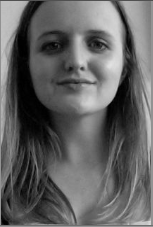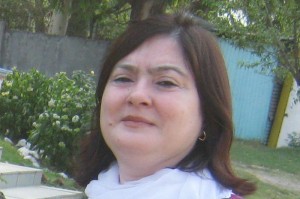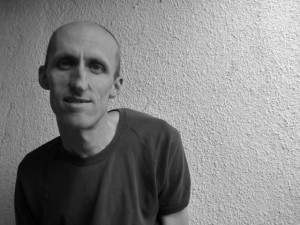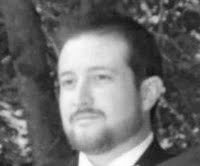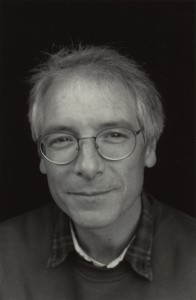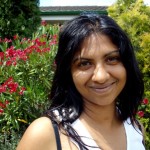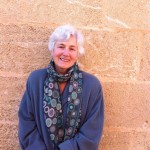Jo Langdon
Jo Langdon is the author of a poetry chapbook, Snowline (Whitmore Press, 2012). She lives in Geelong and is currently completing postgraduate studies at Deakin University.
Hauptbahnhof
We suck down saltless air and the light’s gone
strange—mountains hiding
their greenery,
swallowing time.
In Vienna it was pigeons, feathers
slate-coloured and your camera full of them.
(Bodies filthy, grained and small
in the instant.)
I want you to see it all,
as I remember: in miniature, like a snow-
glass sequence.
Afterimages curved in crystal
compartments—drift
of snow that does not melt, does not build
in shape or artefact:
not the tilting flowers, starry edelweiss;
not bright air in singing hills,
or the zigzag of ice between us.
Sonnenfeld 17
The kitchen lit with snow light
your first morning here
again
and winter somehow cleaner: air
low and blue on the streets.
Deep in the night, trucks salt
the roadways; mountains lean in
on your sleep.
You wake to find shadows
unpinned and shifting
in barest light—
your face, a quiet hologram,
in looking glass that will not hold
melting garden snow.
